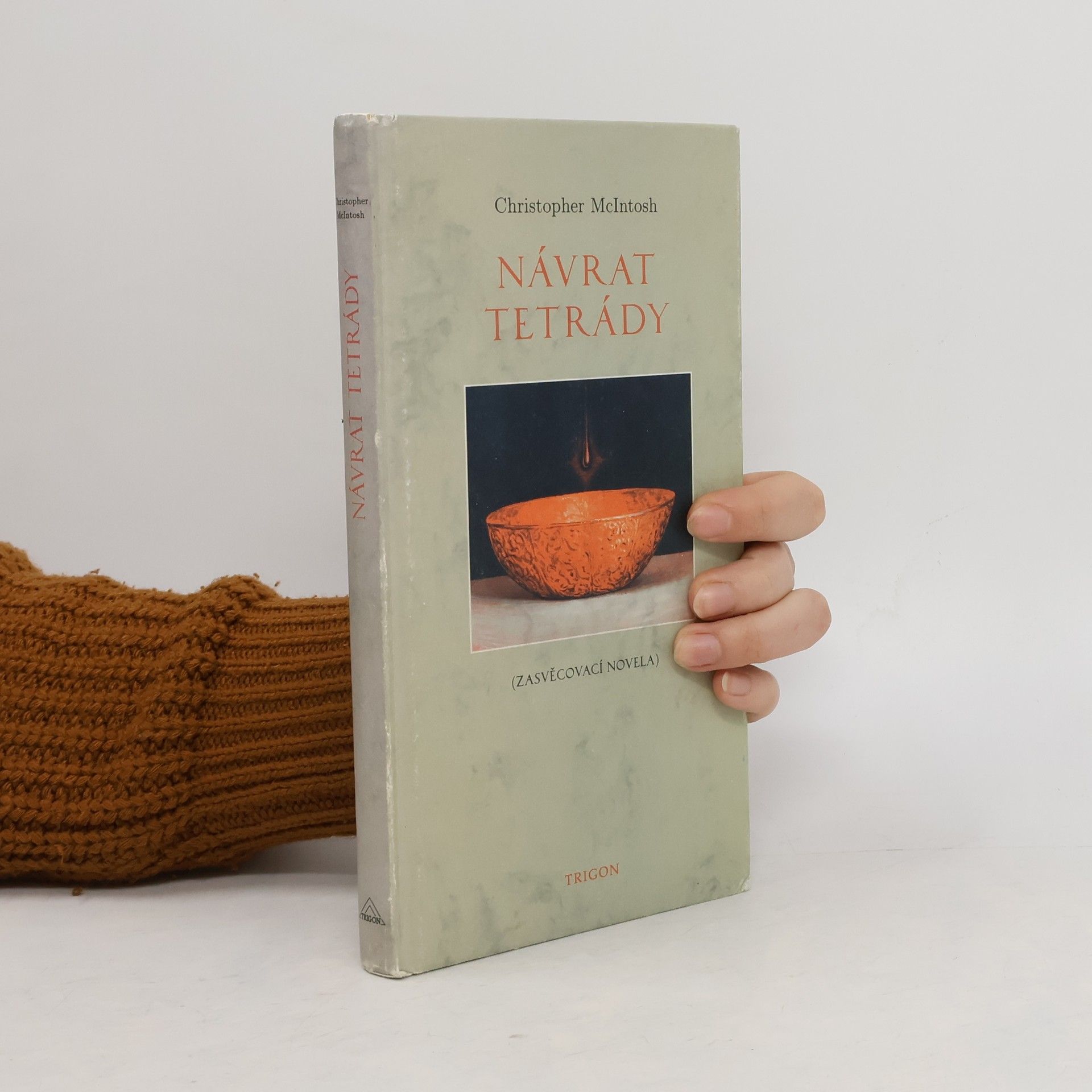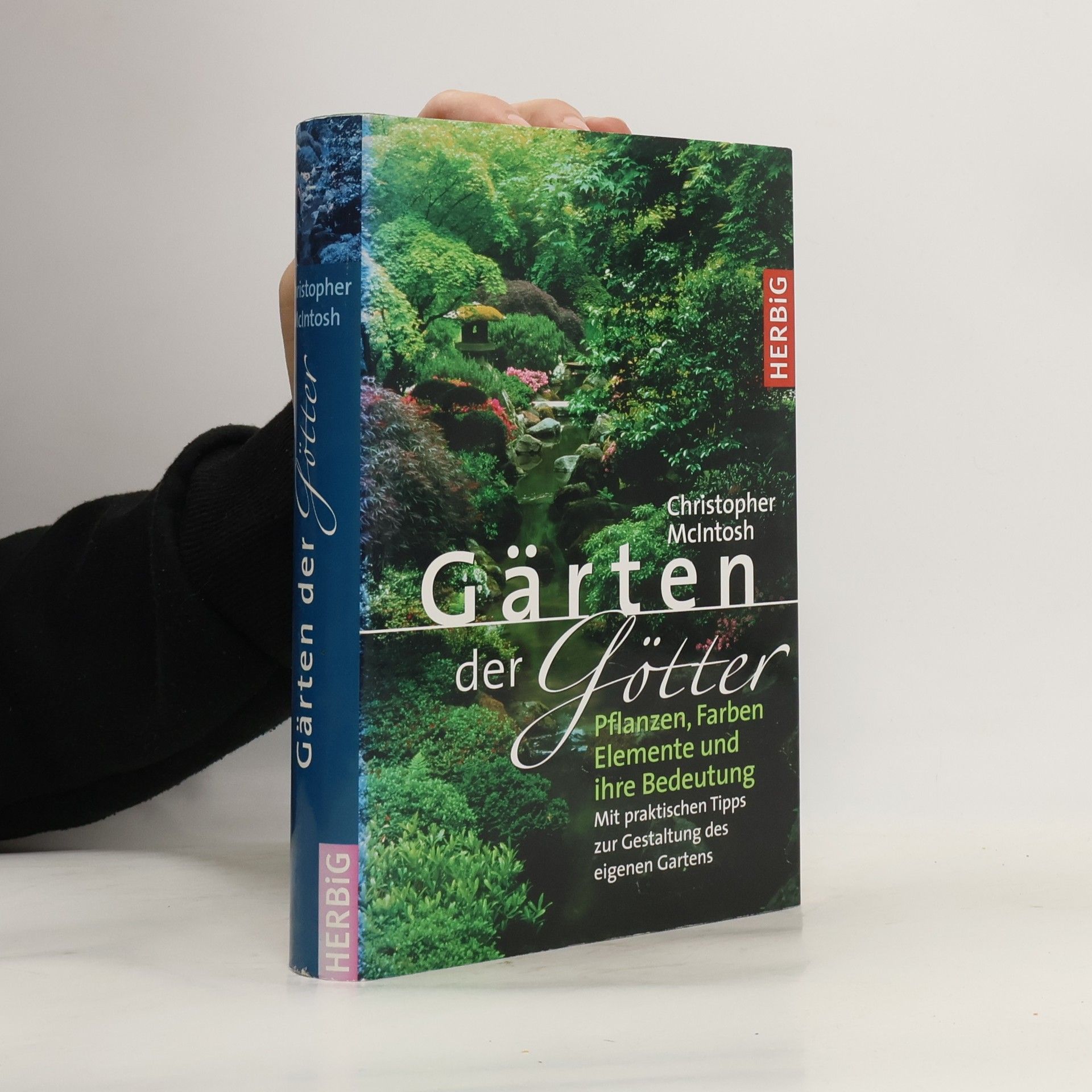So wird der Garten ein Spiegelbild der eigenen Lebensphilosophie: Auf einer wunderbaren Reise durch die schönsten Gärten der Welt lässt uns Christopher McIntosh anhand der Geschichte der großen Gartenkulturen Chinas, Japans, Italiens, Frankreichs, der islamischen Länder die Symbolik der Orte, der Pflanzen und der Elemente entdecken. Und er bietet praktische Vorschläge für die Gestaltung eines sinnerfüllten Gartens, die helfen, eigene Visionen in die Praxis umzusetzen. Egal, ob groß oder klein, kann der Garten ein heiliger Ort werden und Raum für Schönheit und Harmonie bieten. In einem Ratgeberteil will McIntosh die Kreativität zur Gestaltung des eigenen Gartens anregen und gibt als konkrete Hilfe Fallstudien, z. B. für Druidenmysterien im Stadtgarten, sowie eine Liste der wichtigsten Pflanzen mit ihrer symbolischen Bedeutung.
Christopher McIntosh Bücher







In this in-depth look at occult and esoteric traditions in Russia, Christopher McIntosh explores the currents of mysticism, myth, magic, and the spiritual to which the Russian soul has always been attuned.
Ludwig II of Bavaria
- 218 Seiten
- 8 Lesestunden
Ludwig II was one of the most enigmatic figures of the 19th century--an eccentric remembered for his patronage of composer Richard Wagner and for the fabulous palaces in which he hid from state responsibilities. Author Christopher McIntosh investigates the rumors of the king's madness and homosexuality and pieces together the story of his downfall. 16 illustrations.
An exploration of German esoteric history from prehistory to the present
Zasvěcovací novela známého anglického spisovatele a esoterika. Poutavý příběh meyrinkovského ražení s překvapivým koncem. "Celá věc by se nikdy nestala, kdyby nebylo toho snu, té noční můry.Vracel se znova a znova a byl stále týž. Skupina mužů s loveckými psy mě štvala lesem. Byl jsem si vědom toho, že jsem oblečen do podivného kostýmu, ušitého z kůže nějakého chlupatého zvířete. Na obličeji jsem měl masku, špatně se pod ní dýchalo."